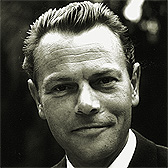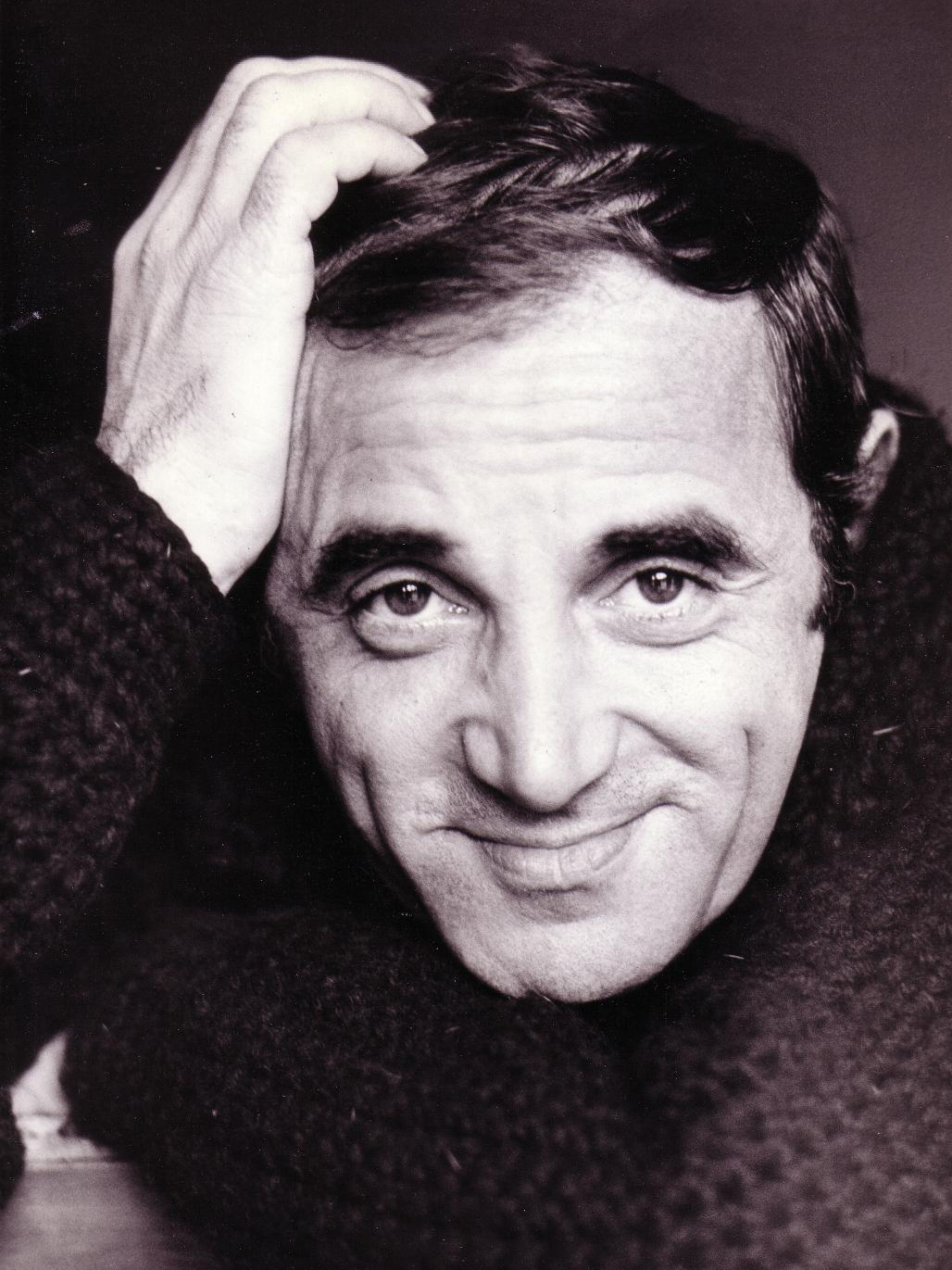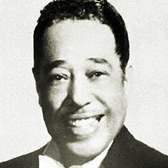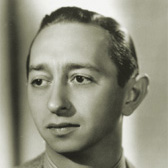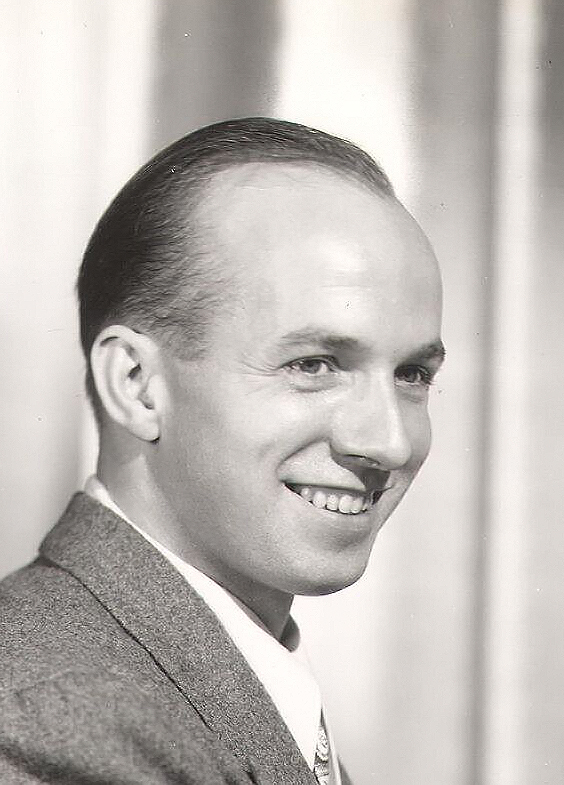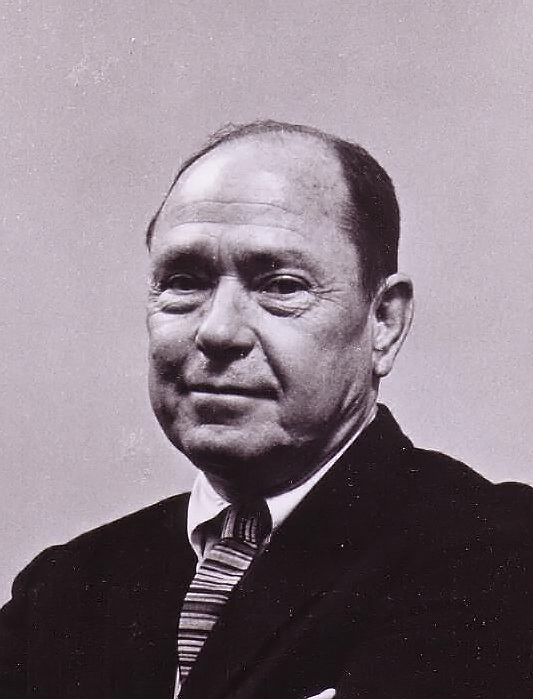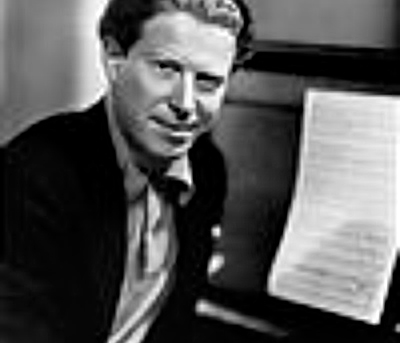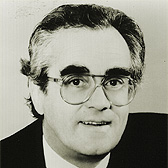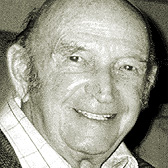
Wrote his biggest hit "Where Do I Begin (Love Story)" at age 59
Carl Sigman
InducteeOne of most prominent lyricists for Big Band hits by Glenn Miller and Guy Lombardo
Carl Sigman was born in Brooklyn, New York in 1909. After a childhood highlighted by baseball games and classical piano lessons, he graduated from Thomas Jefferson High School, and his mother gave him the ultimatum of becoming a doctor or a lawyer. Since he did not like the sight of blood, he chose law. He attended NYU Law School and was admitted to the New York State Bar. But music was his love, and he never practiced law. As his wife Terry Sigman would later put it, Carl felt music was more up his (Tin Pan) alley.
One of Carl’s friends as a young man was Johnny Mercer, already an important songwriter. Carl’s first published song was “Just Remember,” a collaboration with Mercer that became a hit in England in 1936. Although he loved Carl’s melodies, Johnny advised him to write lyrics, on the theory that he had already shown he had a way with words and tune writers were a dime a dozen. Mercer moved to Los Angeles, embarking on one of the most remarkable careers in the history of popular music, while Carl continued to make his way in New York.
Carl had his first smash hit, collaborating with Glenn Miller on “Pennsylvania 6-5000,” which remains a standard to this day. Carl was drafted in 1942 and was attached to the glider division of the 82nd Airborne. He received a $25 war bond for writing what became the 82nd's official song “The All American Soldier.” Awarded a Bronze star for his service in Africa, he was a true World War II hero when he was discharged in 1945.
In 1946-1947, amazing things started to happen for Carl. In quick succession, he wrote “Ballerina,” “Crazy He Calls Me,” “Enjoy Yourself,” “Civilization,” and a number of other songs which reached to top levels of “Your Hit Parade.” He also wrote his one and only Broadway Show, Angel in the Wings, which ran for almost a year and gave Elaine Stritch her first big break.
In 1948 Carl met his future wife and best friend, Terry, who was working as a personal assistant for Louis Prima in the legendary Brill Building. They were married after a whirlwind courtship, and three sons and a myriad hit songs followed over the next several years. “My Heart Cries For You,” “It's All In The Game,” “Answer Me,” and “Careless Hands” were among the future evergreens written during this period, as Carl wrote both lyrics and melodies with collaborators including Peter De Rose, Bob Hilliard, Bob Russell, Duke Ellington and Tadd Dameron.
As the 50s passed into the 60s, Carl wrote some of his most well-known and enduring songs, including “Ebb Tide,” “Shangri La,” “Arrivederci Roma,” “Till,” and “Buona Sera.” By this time Carl's songs had been recorded by virtually every major star, including Frank Sinatra (who eventually recorded some 15 of his songs) Billie Holiday, Bing Crosby, Louis Armstrong, Elvis Presley, Mel Torme and Ella Fitzgerald. The 1960s were a turbulent time in pop music, as the Beatles and other rock groups swept many of the more traditional songs off the charts. Nevertheless, Carl continued to thrive during this period, writing such hits as “What Now My Love,” “The Day The Rains Came,” “You're My World,” “A Day In The Life Of A Fool,” and “(Over And Over) The World We Knew.”
In 1970 Carl wrote what would become his most popular song, and one of the most popular songs internationally of all time, “Where Do I Begin (Love Story),” the theme from the Ryan ONeal/Ali McGraw blockbuster film. This song sold a huge amount of sheet music and was recorded by hundreds of artists, including Andy Williams, Tony Bennett, Johnny Mathis, and Shirley Bassey. Later in the decade, Carl wrote hits for Andy Williams (“Music From Across The Way”), Elvis Presley (“Fool”), and Frank Sinatra (“The Saddest Thing Of All”).
Over the past two decades, right up to his death at the age of 91 in 2000, Carl continued to write new songs while reaping the benefits of continued success for this many standards. During his period his songs were even recorded and performed by many rock and reggae acts, including Mink DeVille, Bad Manners, The Specials, and Deep Purple.
Carl Sigman’s catalogue numbers some 800 songs and has become, to quote the recent MIDEM Daily News, “one of the most important US catalogues.”


